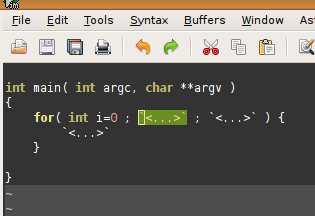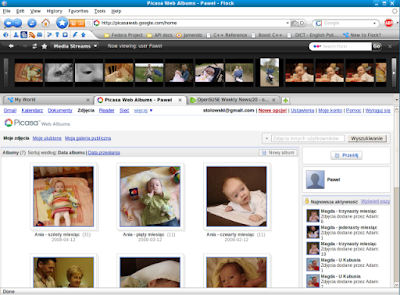
Kilka tygodni temu zakończyłem czytanie "Bitwy o Atlantyk" B. Ireland'a - całkiem przyzwoitej lektury wprowadzającej w temat walki niemieckich u-bootów w trakcie II wojny światowej. Główne wnioski, jakie płyną z tej pozycji są następujące: zagrożenie ze strony u-bootów zostało zmitologizowane i w rzeczywistości los im nie sprzyjał - olbrzymi wzrost produkcji okrętów (pomoc, a później włączenie się Stanów Zjednoczonych i ich gospodarki do wojny), coraz skuteczniejsze konwojowanie (więcej konwojów, wzrost doświadczenia ich załóg), wynalazki aliantów, złamanie Enigmy - wszystko to przyczyniło się do nieuchronnej porażki U-Bootwaffe; dość powiedzieć, że spośród 40 tys. służących w niej marynarzy, do domów nie powróciło 28 tys. Książka Ireland'a ma niestety trzy wady: po pierwsze jest dość krótka, po drugie - miejscami wydaje się chaotyczna (czytając wielokrotnie łapałem się na tym, że gubię wątek...hmm, może to ze mną coś nie tak ;)), po trzecie - brak bibliografii (hmmm....). Niemniej, jak wspomniałem, pozycję tą można potraktować jako dobry wstęp do tematu i oceniam ją na 4/5. Teraz jestem gotów na "Hitlera wojnę u-bootów" - tom 1 już wziąłem w obroty i po przeczytaniu jakichś 100 stron mogę z czystym sumieniem powiedzieć - to jest TO! Książka napisana z niesamowitym przywiązaniem do detali i ogromną znajomością tematu - wystarczy spojrzeć na spis treści albo kilkadziesiąt stron aneksów w drugim tomie aby wiedzieć, że autor bardzo rzetelnie podszedł do sprawy. Mniam. Przetrawienie tej pozycji zajmie mi pewnie kilka dobrych miechów i prawdopodobnie zaspokoję swoją wtedy ciekawość w kwestii u-bootów (no, może skuszę się jeszcze na książkę traktującą o operacji Paukenshlag.... widziałem że wyszła takowa)... Wrócę wtedy być może do tematu D-Day (w kolejce do przeczytania czeka "Kompania spadochronowa" Webster'a....). Ech... wakacji chcę, wakacji!








